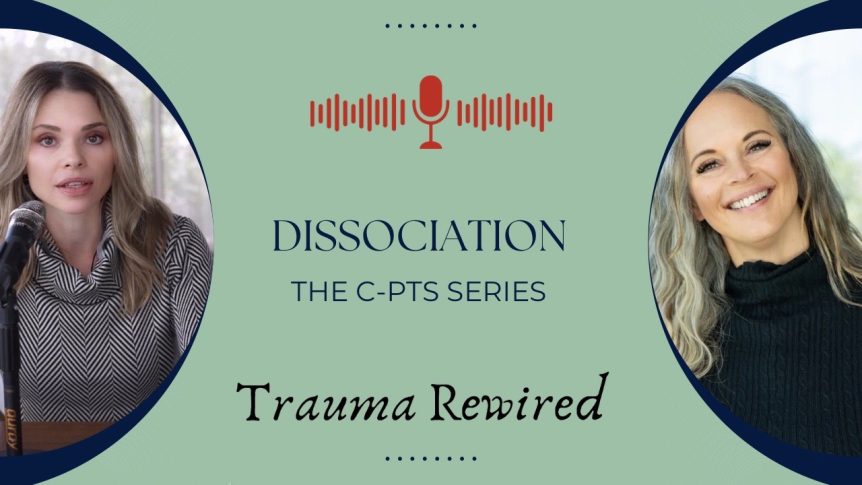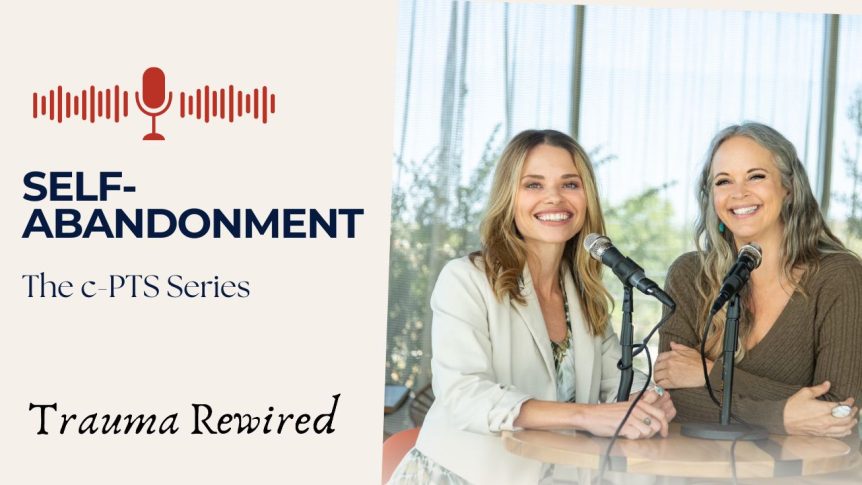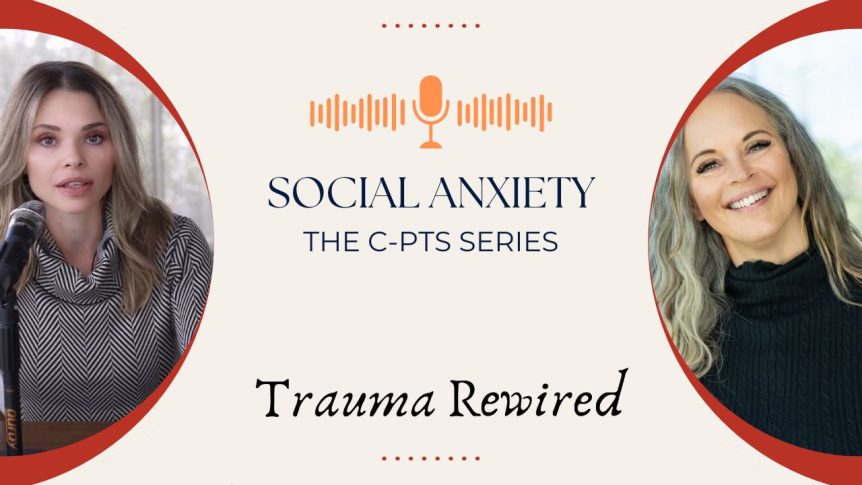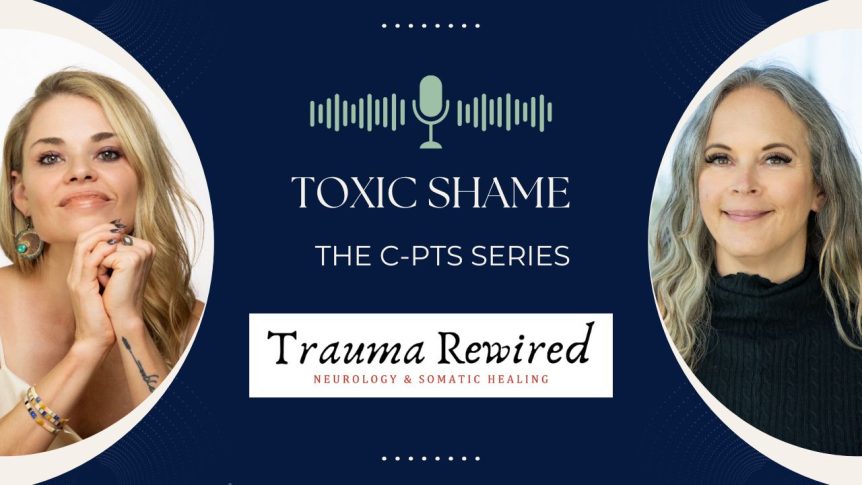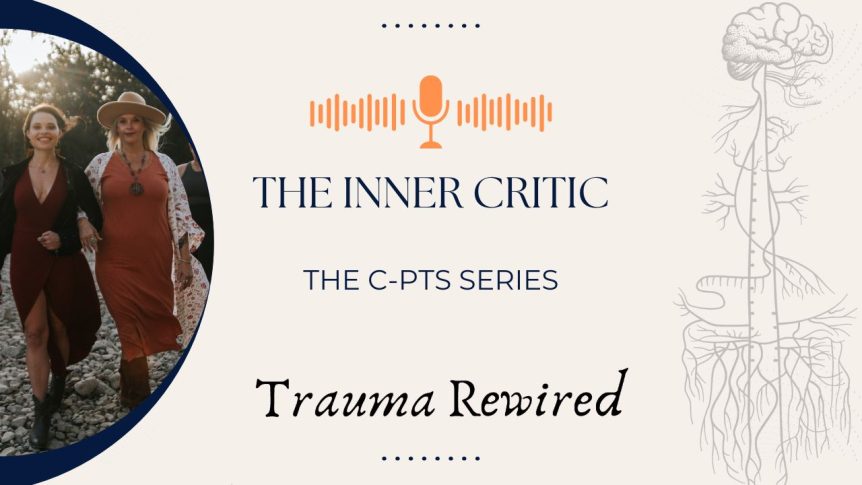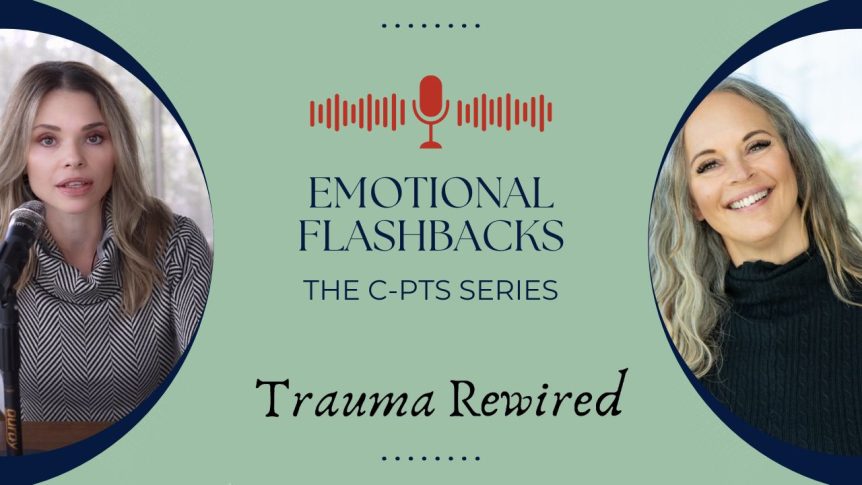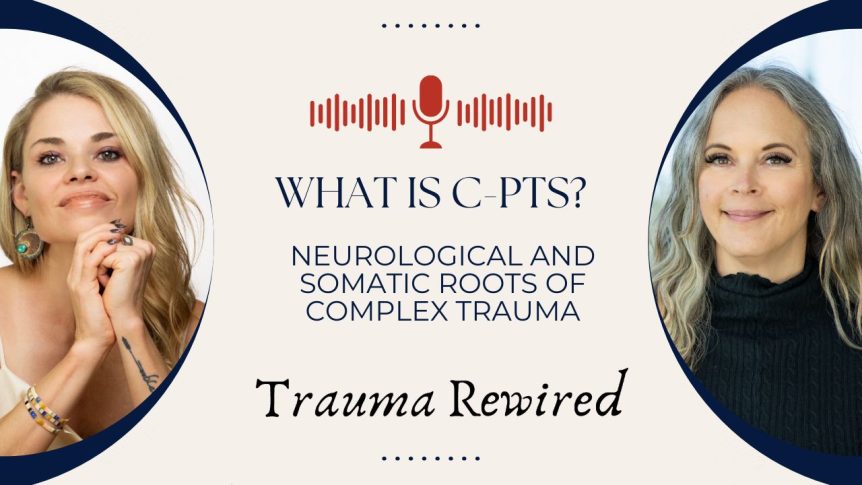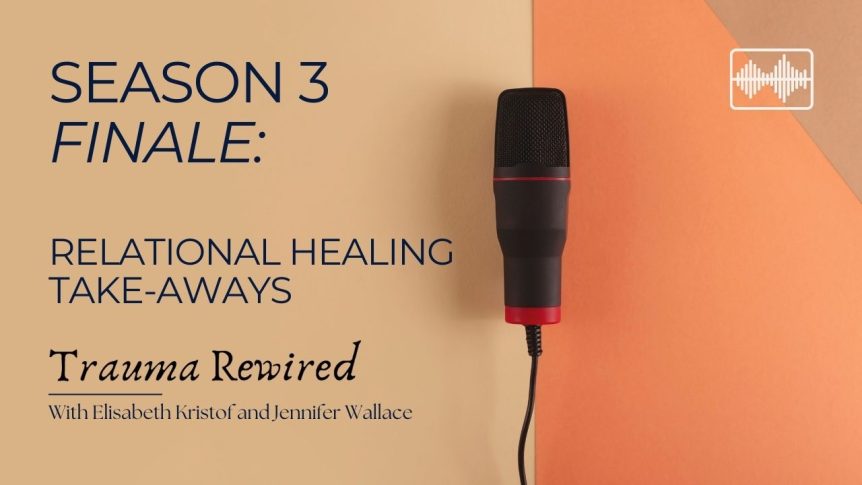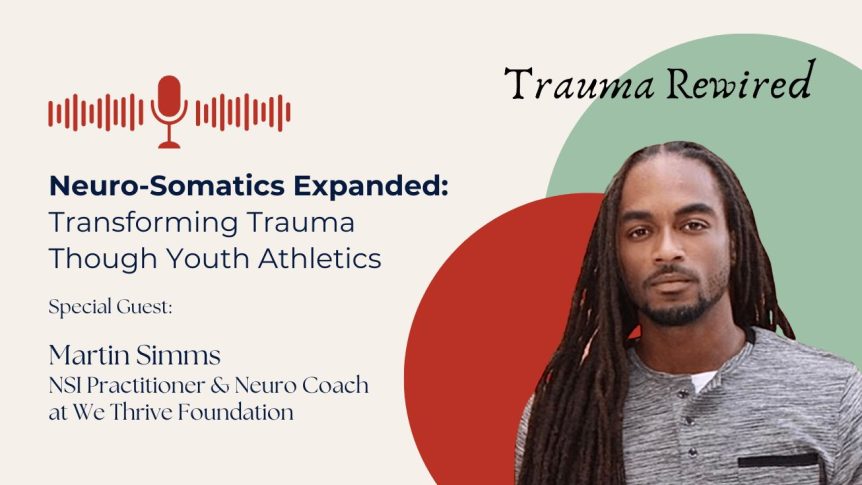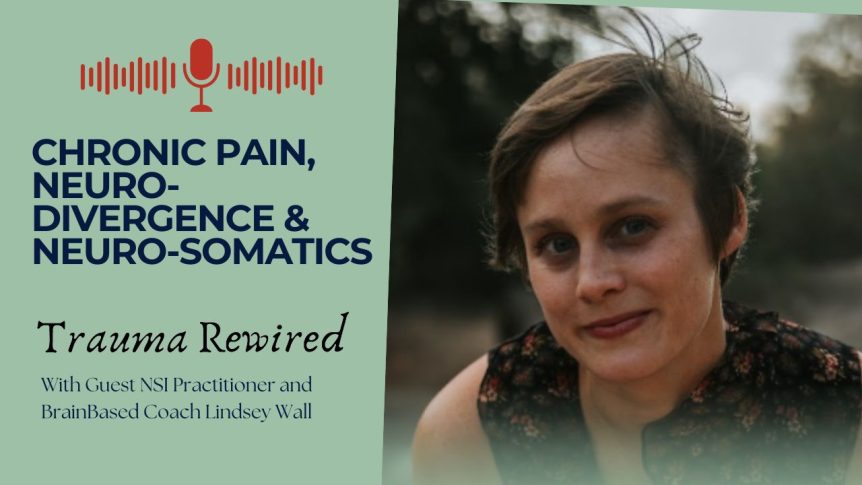Healing Dissociation “You can’t be present and dissociated at the same time.” These wise words from co-host Jennifer Wallace encompasses why this topic is so important to explore. Presence is the truth of our emotions and our reality, because we cannot heal what we do not feel. Being present with our emotions, and feeling them in our body, allows us …
The essence of who we are radiates when we live in our purpose. When we can connect with our true self and share it with others. There are many blockers stopping us from being able to express our feelings, or even know what we’re experiencing, and one of them is self abandonment. Don’t let the “self” fool you — …
The term social anxiety gets tossed around a lot these days, however individuals with CPTS who experience social anxiety feel its effects on a visceral level. It can be highly debilitating and can affect the way we relate and connect to others, when the need for connection is at the very core of what makes us human. Knowing if you …
As a human, you have most likely felt shame to some degree. Although it is a normal human protective emotion to keep us safe on a societal level, shame can become toxic when it persists and when we internalize the critical narrative from that shame. Toxic shame shows up in many ways, however, the way it shows up physiologically is …
We’ve all experienced the inner critic to some extent. You know, that voice inside of your head saying you’re not good enough, or that you’re a bad person. Where does this voice come from and why is it so vicious? Well, for people dealing with CPTS, this voice is even louder, and even more critical. The volume gets turned up …
Welcome to part one of five of our CPTSD series! We are kicking it off with a discussion about emotional flashbacks and how to manage them under the NSI framework. This highly reactive response to triggers are compounded by their ability to change a person’s reality, especially for those with CPTSD, who have a difficult time processing their emotions to …
We first explored this question in Season 2 and felt it was necessary to revisit; with more altitude, updated research and further along in our healing journeys. In this episode, hosts Elisabeth Kristof and Jennifer Wallace dive deep into the realm of Complex Post Traumatic Stress, or CPTS, exploring the complexities of trauma and the impact on our nervous systems. …
We close Season 3 by reflecting on the interconnectedness of trauma, the nervous systems and our relationships explored throughout the Season. We delved into the Season’s most powerful conversations and insightful concepts- including relational patterns like emotional neglect, the neurology of narcissism, the importance of community healing and more. Listeners were engaged more than ever, so you’ll hear stories of …
It’s no secret that wellness programs like Neuro Somatic Intelligence Coaching often lack accessibility in marginalized communities, where populations most in need of such services are usually underserved and underprivileged. Unfortunately, these programs are often not tailored to meet the specific needs of these communities. Hence, there’s a pressing need to rethink our approach and become more innovative in how …
Neuro Somatic intelligence can be the key to healing not just trauma, but in the management of chronic pain. Joining us on this episode of Trauma Rewired is Lindsey Wall, a Neuro Somatic Intelligence Practitioner, Movement Practitioner, and Brain-Based Wellness Coach. Her personal journey with chronic pain, hypermobility, and neurodiversity highlights the versatility of NSI in healing unique nervous systems. …

